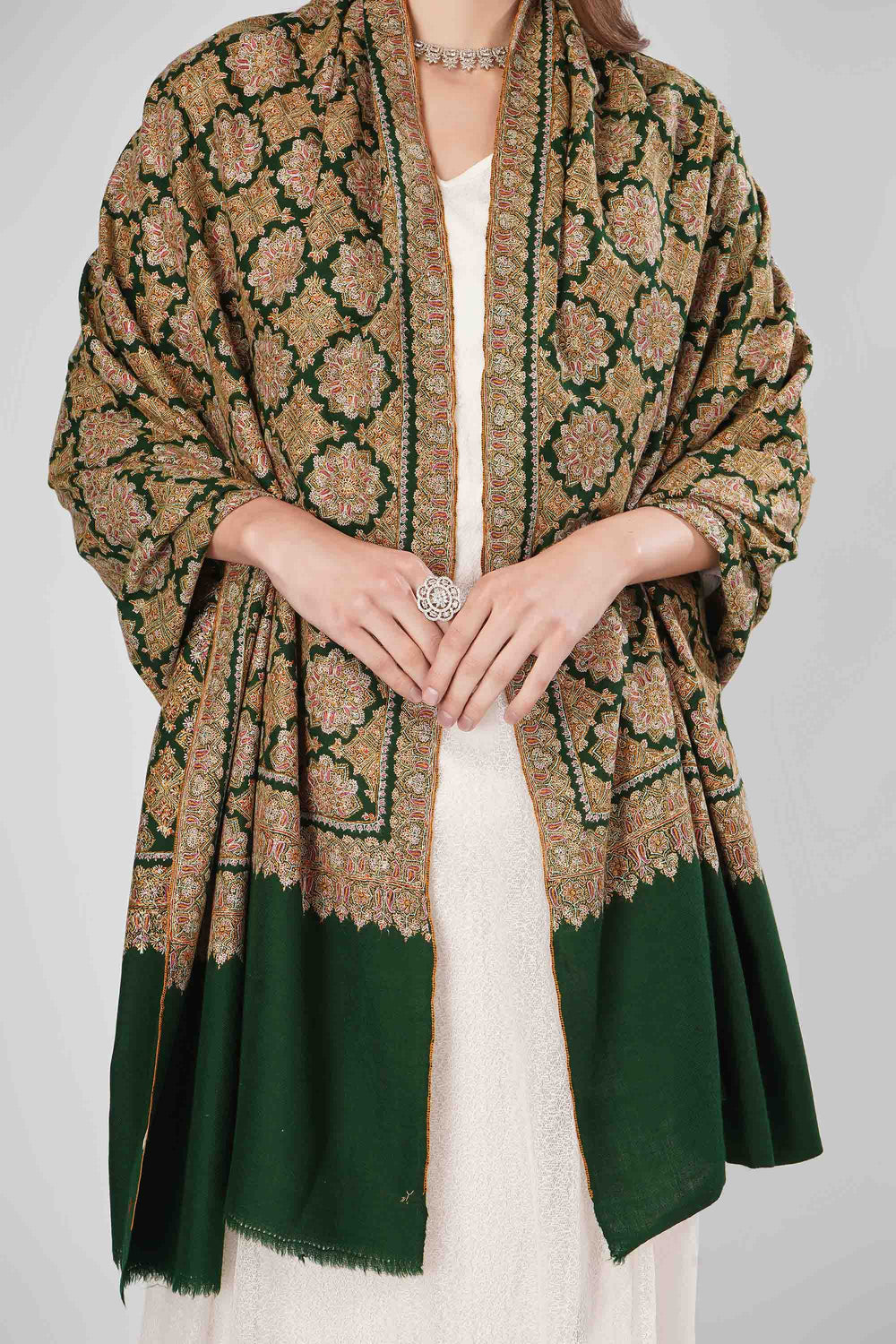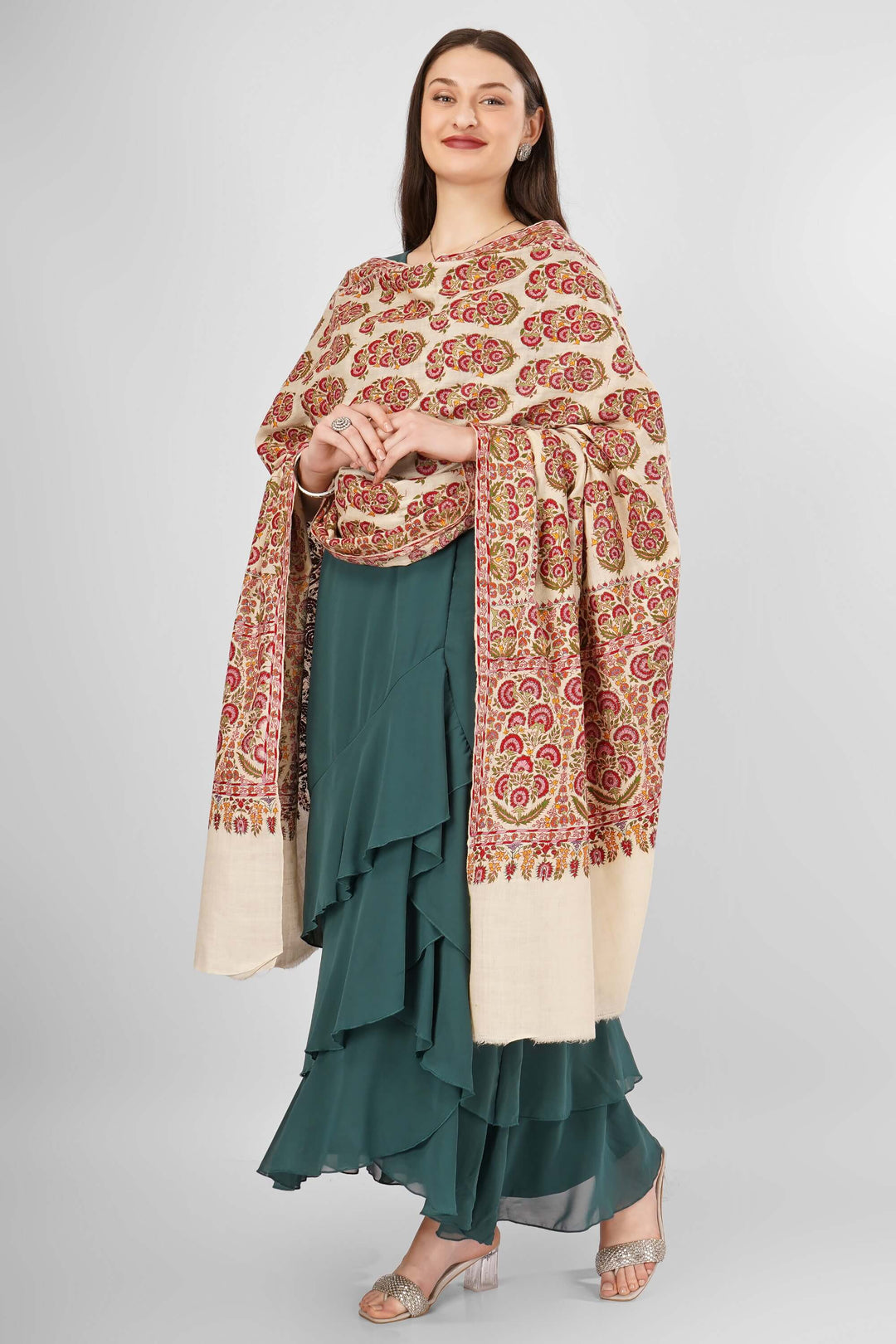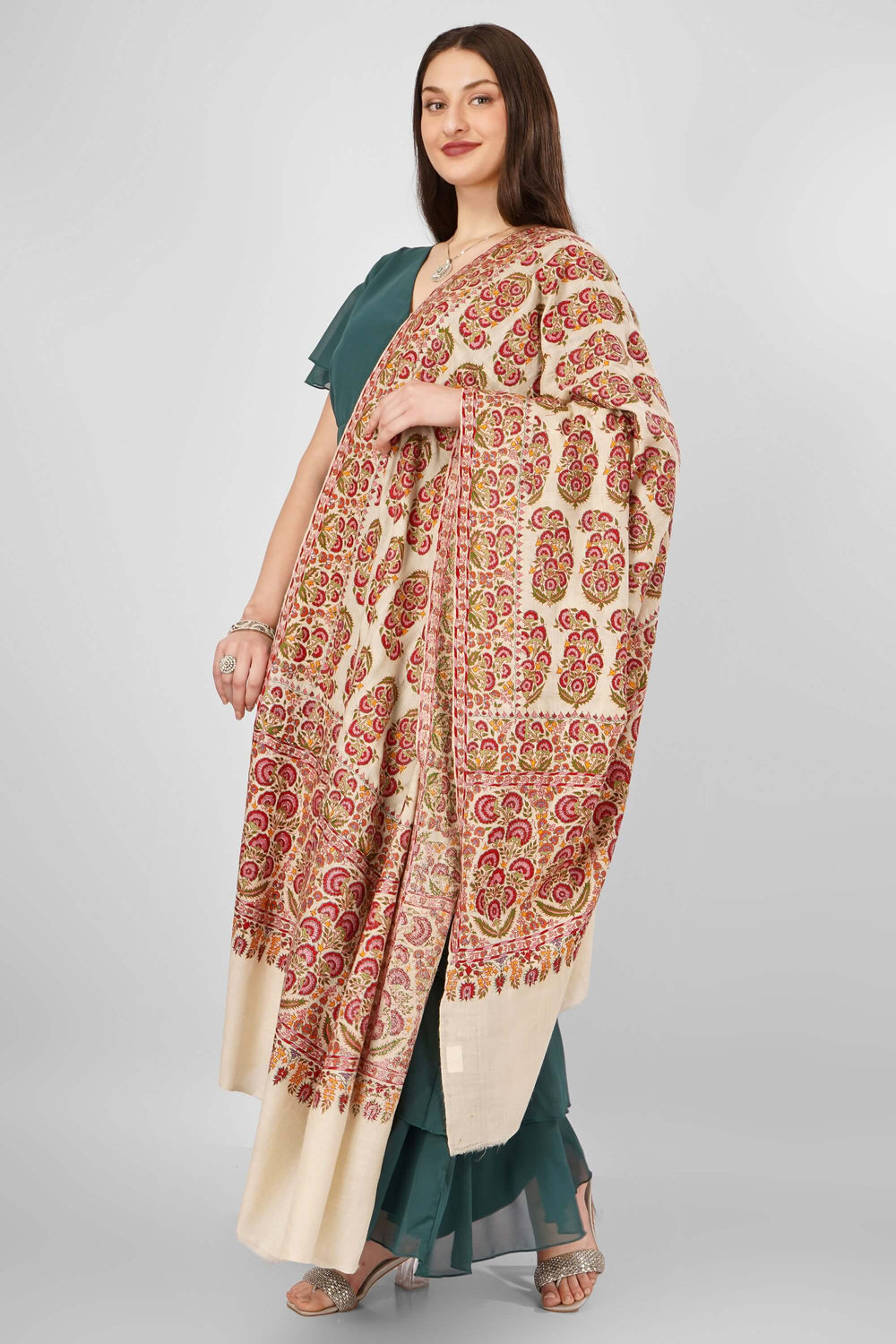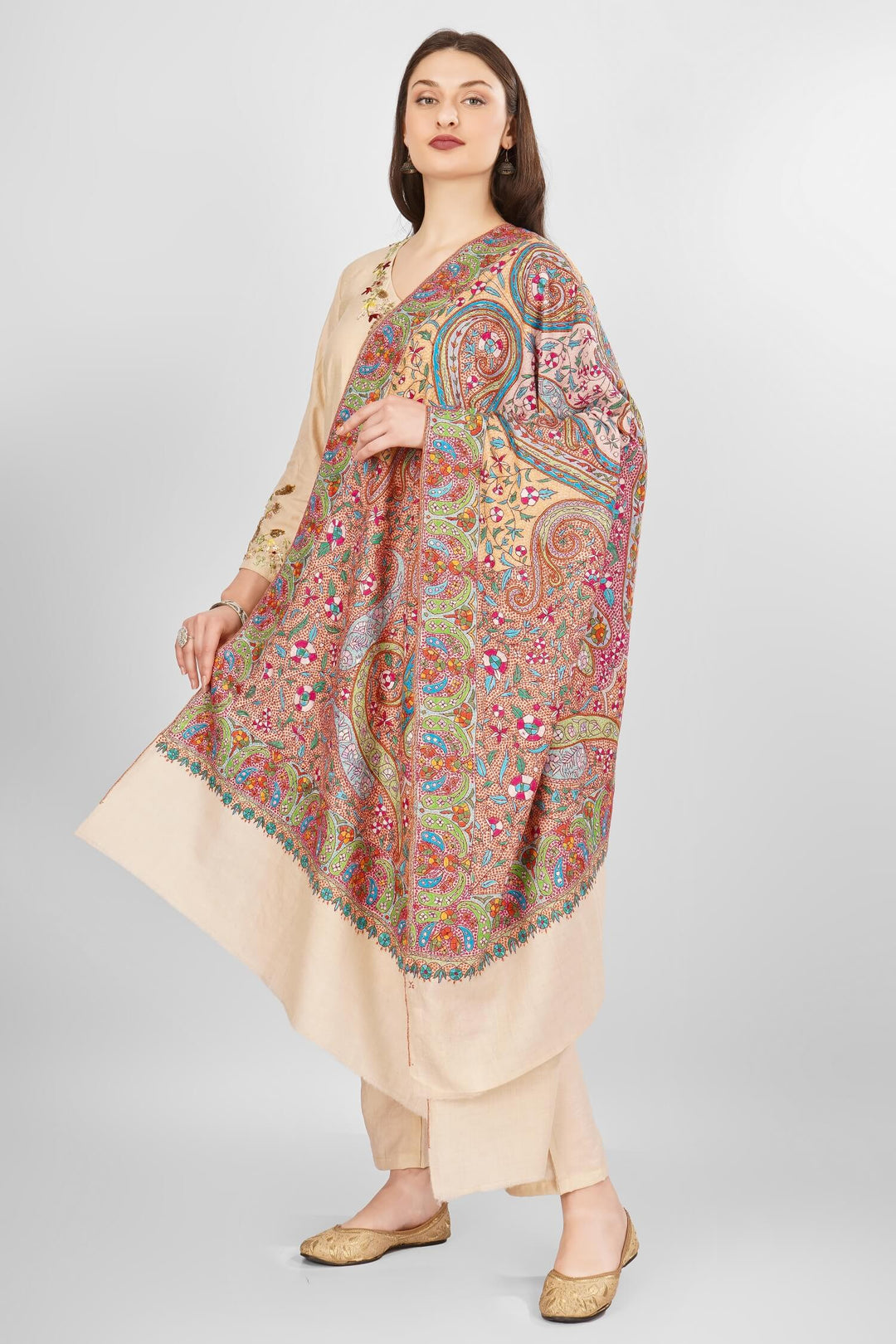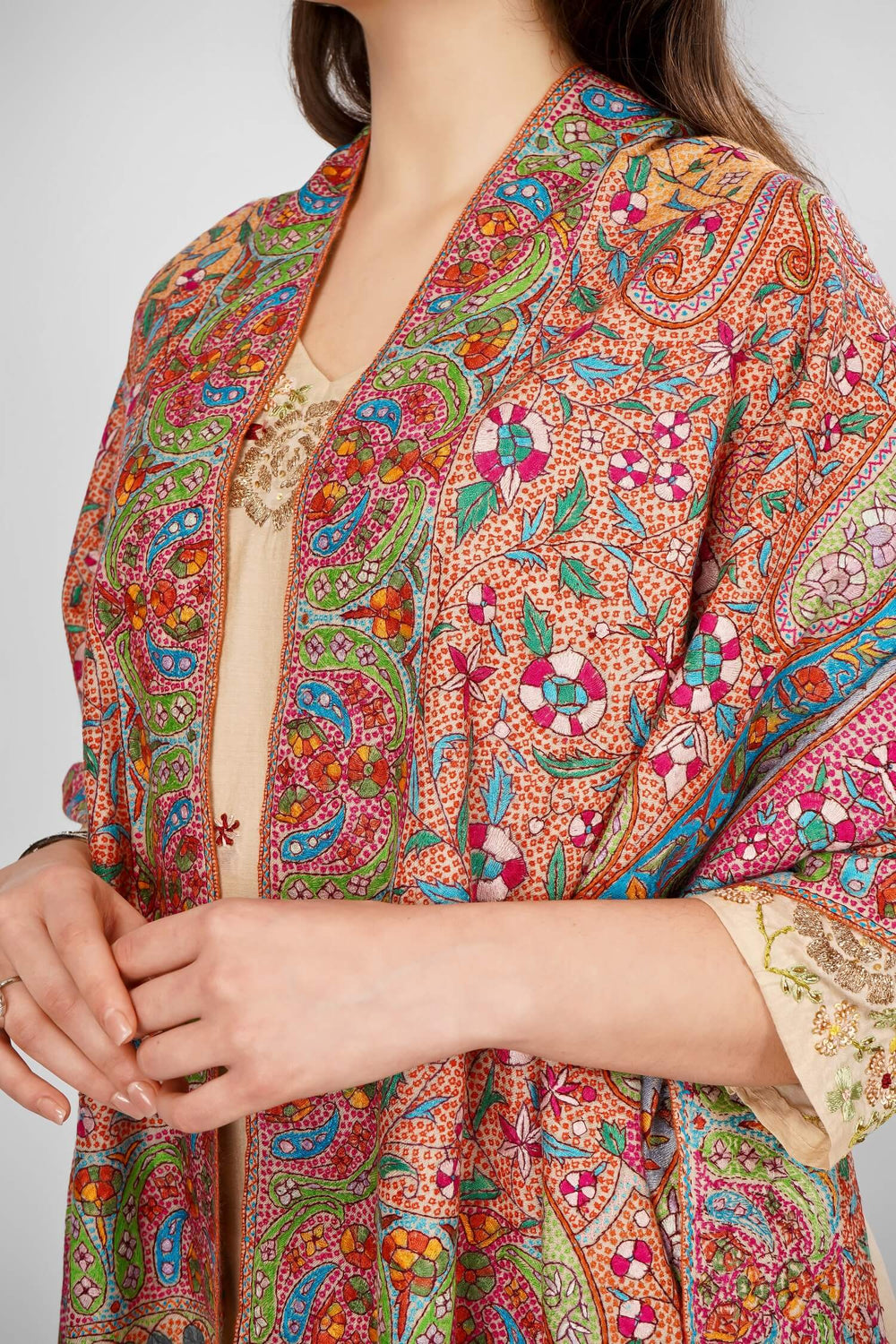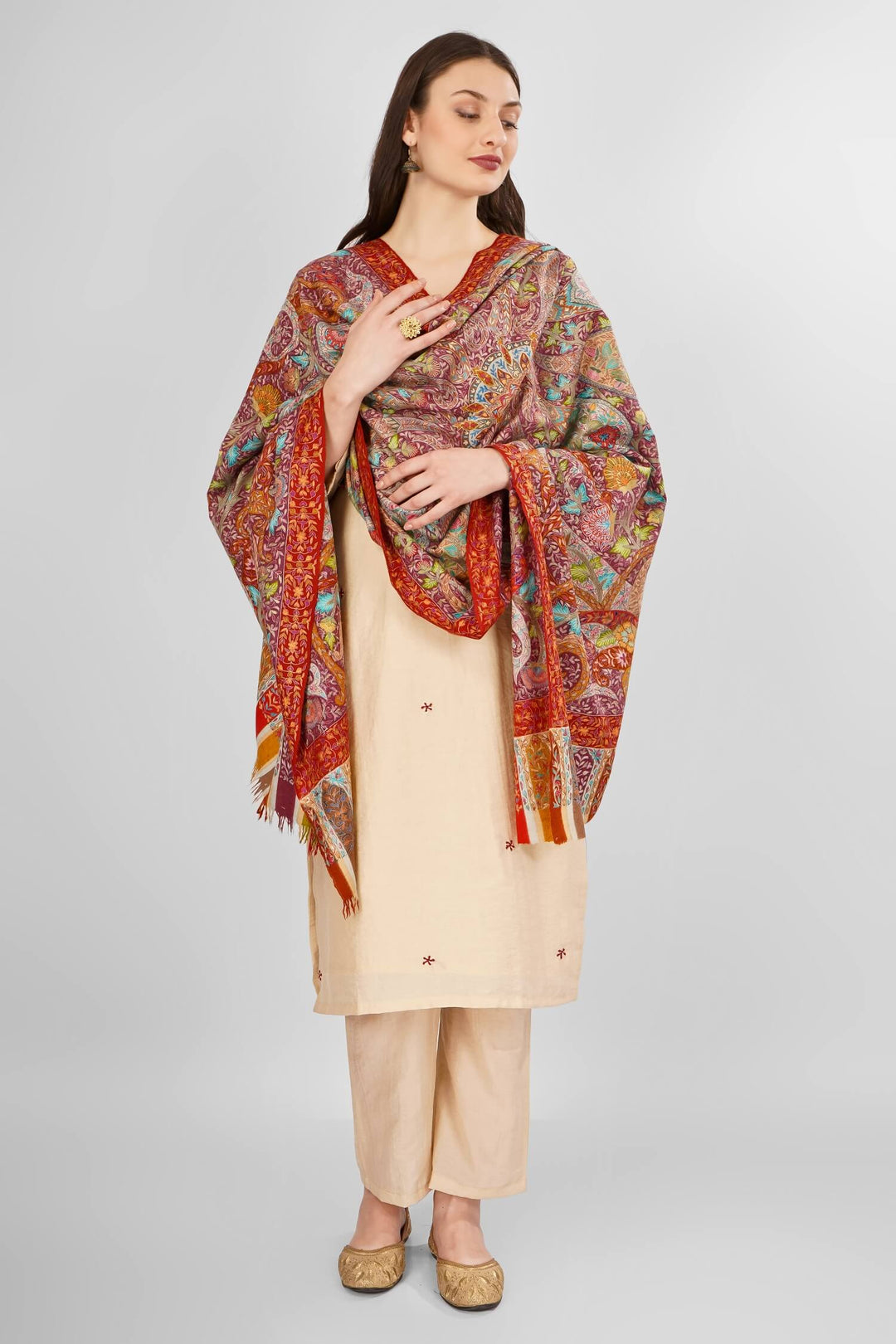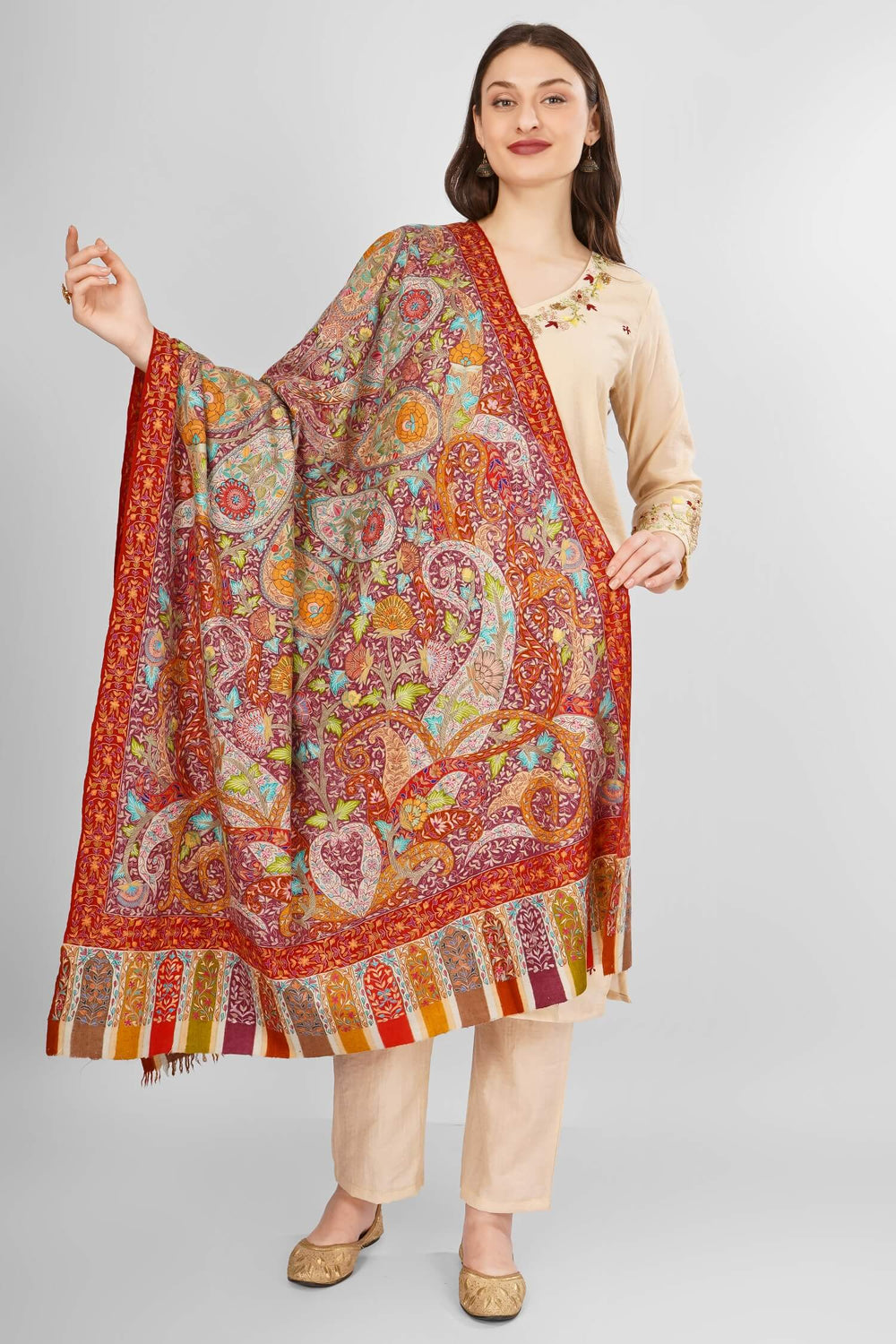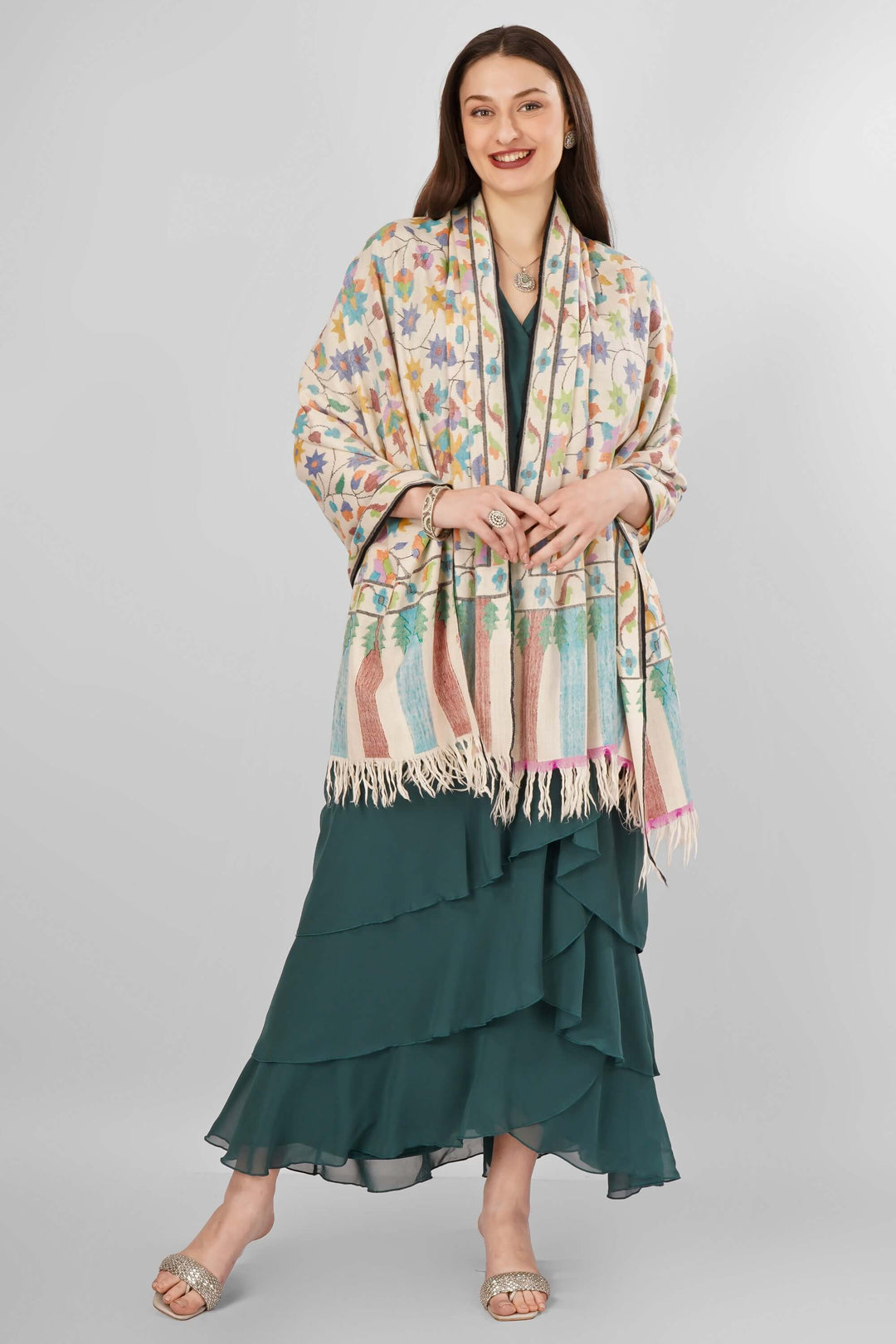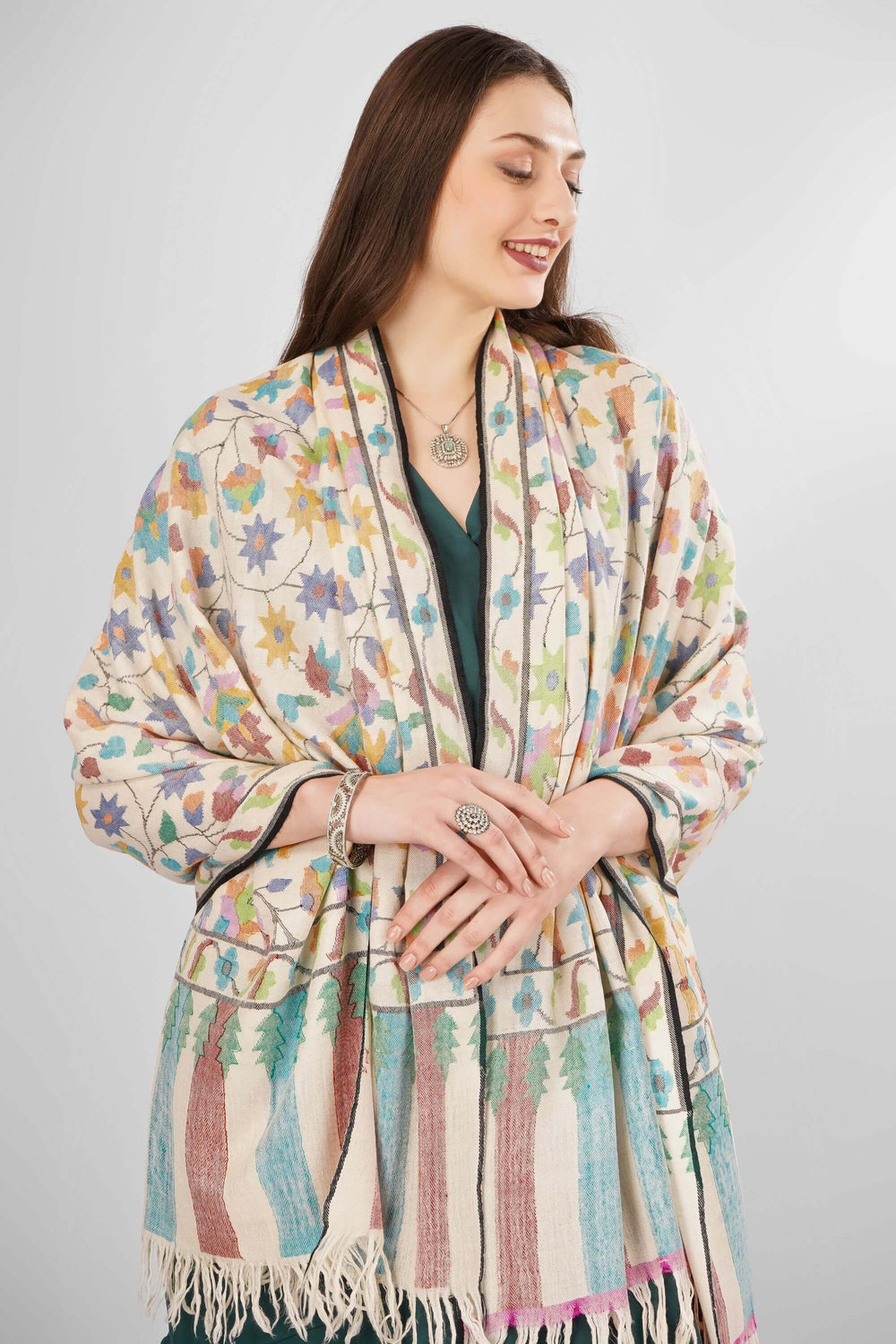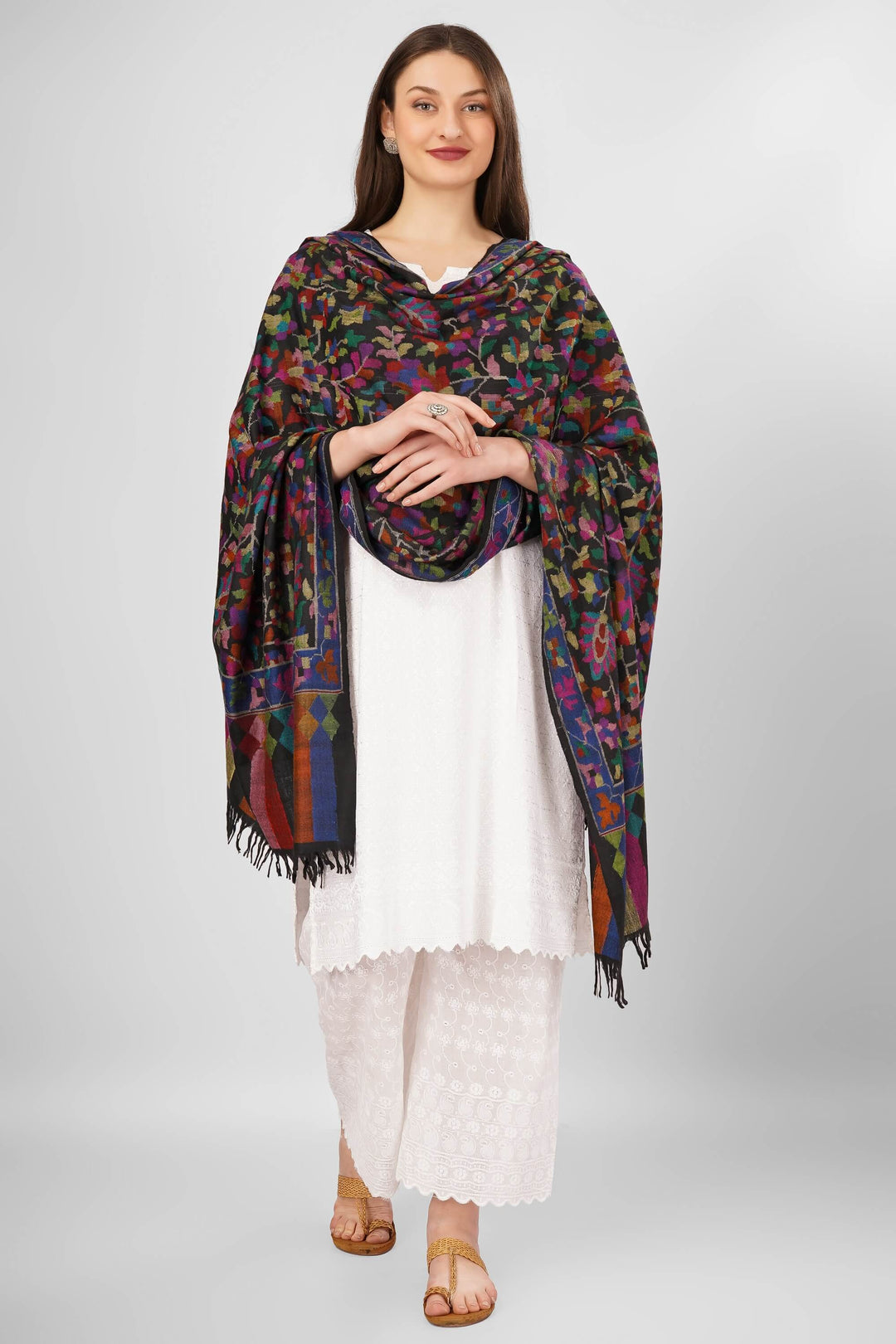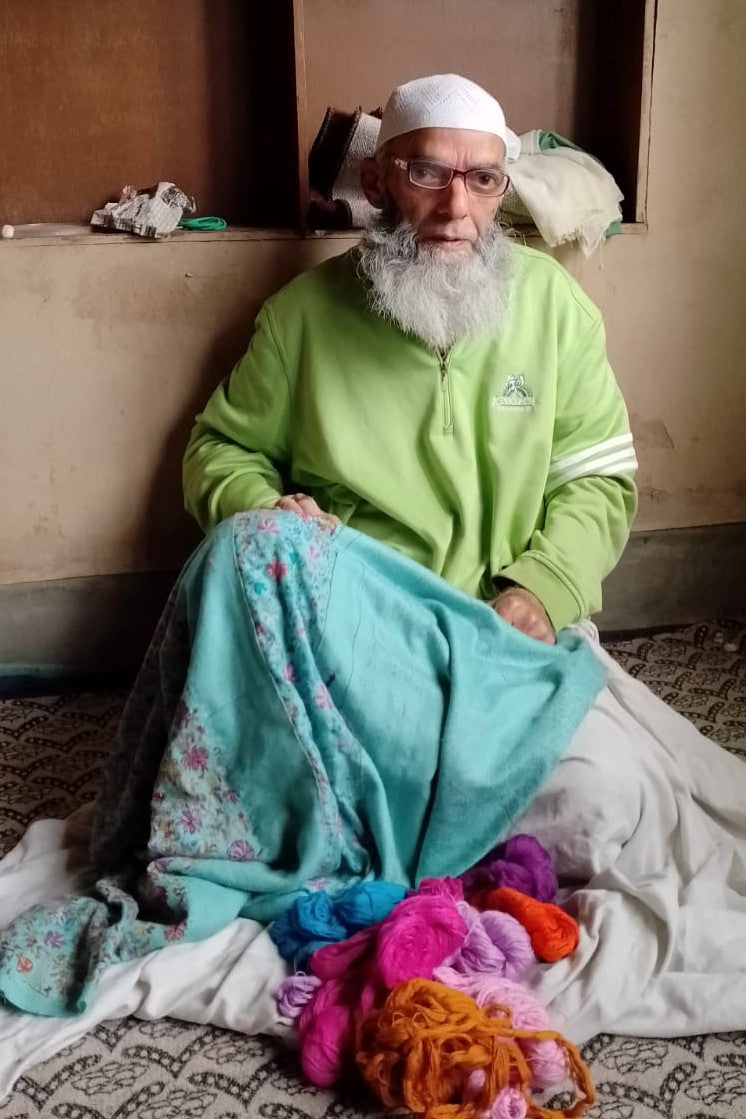Q. Why are Pashmina Shawls Banned?
A. Pashmina shawls are not banned; however, shahtoosh shawls are subject to strict regulations and prohibitions. Pashmina shawls, made from the fine wool of the Changthangi goat, have a rich history and are widely admired for their softness, warmth, and elegance. They continue to be legally traded and celebrated globally for their exceptional craftsmanship.
Understanding the Shahtoosh Ban
Shahtoosh shawls, derived from the endangered Tibetan antelope known as Chiru, have been banned due to the severe threat posed to the species' survival. The harvesting of shahtoosh wool involves the killing of Chiru, making it illegal to trade, possess, or sell these luxury shawls in many countries. The ban on shahtoosh reflects the growing recognition of the importance of preserving endangered species and protecting the delicate ecosystems they inhabit.
Q. Where to Buy Pashmina Shawls in Srinagar?
A. When in Srinagar, the heart of exquisite Kashmiri craftsmanship, purchasing authentic Pashmina shawls is a must for any discerning shopper. To ensure the genuineness and quality of these treasured textiles, one should consider buying Pashmina shawls from either cooperative societies or established manufacturers.
Cooperative Societies – Supporting Local Artisans
Cooperative societies offer a fair and transparent exchange, supporting local artisans and ensuring they receive just compensation for their skillful work. Additionally, cooperative societies often follow ethical practices and promote sustainable methods of production.
Kepra – A Legacy of Excellence
Renowned manufacturers like Kepra, which boasts a legacy as one of the best and oldest shawl manufacturers in Kashmir, provide a wide selection of Pashmina shawls crafted with care and expertise. With an impressive workforce of nearly 600 looms, Kepra exemplifies the artistry and dedication that goes into creating each Pashmina masterpiece, making it a trustworthy destination to acquire these cherished shawls.

















